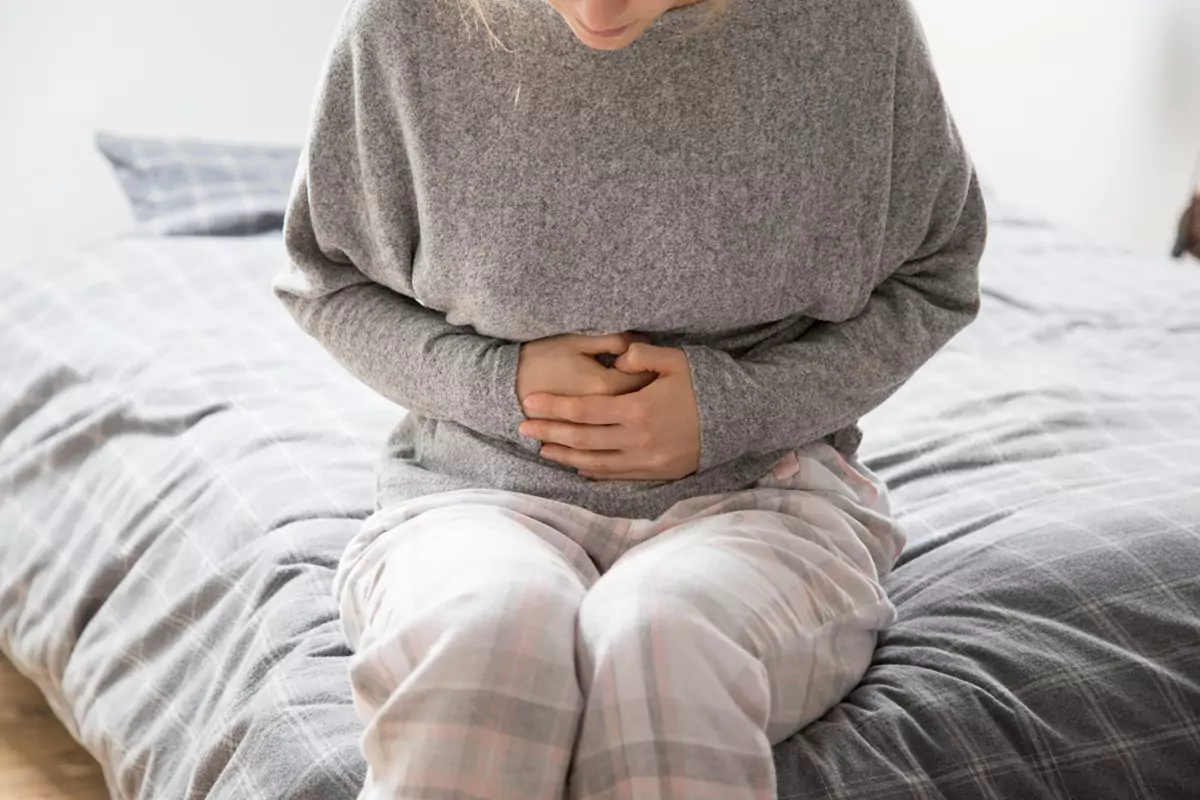
Introduction
Obstructive Defecation Syndrome is a health condition in which a person is incapable of proper bowel and rectal emptying. He or she has a feeling of inadequately emptying the rectum. In simple terms, the patient cannot pass or experiences a sense of inability to pass stool through the rectum.
Constipation is one form of obstructive defecation. It is characterised by straining to pass bowel movements, an urge to pass motions but failing to do so or a sensation of blockage. A few patients may also experience accidental bowel leakage. Even after frequent visits to the toilet, the patient finds emptying the rectum difficult.
Request an Appointment at Smiles
What are the Causes of Obstructive Defecation Syndrome?
- ● Anismus and pelvic floor dysfunction: The incomplete relaxation of the anal sphincter or the pelvic floor muscles while trying to defecate, also known as anismus. The condition tends to improve with pelvic floor physiotherapy and biofeedback.
- ● Rectocele: Weakness in the rectovaginal septum allows the rectum to herniate against the posterior vaginal wall. This causes a soft bulge of tissues in the vagina, causing difficulty in bowel movements.
- ● Rectal invagination: Infolding of the rectal wall.
- ● Internal anal sphincter hypertonia: High muscle tone and pressure in the anal sphincter makes it stiff and difficult to move, causing anal sphincter hypertonia.
- ● Anal stenosis: The narrowing of the anal canal, just above the anal sphincter, causes anal stenosis.
- Faecal impaction: Hard stools stuck in the rectum or colon due to chronic constipation.
- ● Rectal or anal cancer
- ● Descending perineum syndrome: The pelvic floor’s muscle tone is lost, possibly due to neuropathic degeneration or traumatic injury caused during pregnancy and labour.
On a general note, anatomical disorders in the pelvic floor region (rectocele, enterocele, rectal intussusception, rectal prolapse) are the primary reasons behind obstructive defecation syndrome. Other causes include hereditary factors, injuries and neurological issues.
What are the Symptoms of Obstructive Defecation Syndrome?
- ● Fragmented stools: hard pebble-like lumps of stool
- ● Straining to defecate
- ● Sense of incomplete evacuation called tenesmus
- ● Urgency
- ● Pelvic heaviness
- ● Self digitation( using fingers to evacuate stool)
- ● Multiple unsuccessful attempts to evacuate
- ● Prolonged episodes in the toilet
- ● Rectal pain
- ● Posturing
- ● Enema dependency
How is Obstructive Defecation Syndrome Diagnosed?
Fluoroscopic defecography is used to evaluate pelvic floor disorder. A thick barium paste is introduced into the rectum, and X-ray images are captured by placing the patient on a defecography chair.
In the case of magnetic resonance defecography, no prior colon preparation is necessary. 300 millilitres of ultrasound jelly is injected into the rectum before MRD colonoscopy is performed to exclude other colonic pathologies.
How is Obstructive Defecation Syndrome Treated?
- ● Conservative Treatment: If the diagnostic imaging doesn’t reveal anything significant, the patient is subjected to some conservative treatments like monitored diets, biofeedback therapy, and recommended lifestyle modifications.
A well-balanced,fibre-rich diet helps regulate bowel movements. The patient may be prescribed stool softeners to help them pass motions.
Pelvic physiotherapy helps the patient in more than one way. Physiotherapy instructions include proper toilet positioning, exercises to relax pelvic floor muscles and breathing exercises to avoid straining.
Surgical Treatment
- ● Rectocele repair is the standard treatment option. This strengthens the wall of the vagina and prevents the rectum from bulging into the vagina.
- ● Stapled transanal resection can also treat rectocele and rectal intussusception. In this technique, the mechanical obstruction is corrected using a stapler device. However, faecal incontinence(inability to control bowel movements) is a significant drawback of this method.
- ● Laparoscopic ventral rectopexy is suggested in case of visible external prolapse of the rectum. In this, the rectocele and intussusception are straightened and fixed back into their anatomical positions. This is a minimally invasive technique.
What are the Side Effects of Surgery?
- ● Pain – NSAIDs are prescribed to combat pain.
- ● Infection at the surgical site – a course of antibiotics would substantiate this problem.
- ● Vaginal bleeding
- ● Urinary leakage and incontinence
- ● Bladder spasms
- ● Narrowing of the vagina
- ● Pain or discomfort during sexual intercourse
- ● In the case of laparoscopic technique, there could be nerve damage and chronic pelvic pains.
What are the Risk Associated with Obstructive Defecation Syndrome Treatments?
Request an Appointment at Smiles
FAQ's
What are the Causes for Difficulty in Defecating?
How does Diet Affect my Defecating?
What are a Few Home Remedies I can Follow to Ease my Defecation?
- ● Stool softeners and laxatives can greatly help in easing your bowel movements
- ● A diet rich in fibres and roughage
- ● Drinking ample amounts of water every day
- ● Magnesium supplements can also ease constipation
What is Biofeedback Therapy?
Does Biofeedback Therapy have any Side Effects? Can it be done at Home?
Biofeedback therapy is usually carried out in therapy clinics and medical centres. Home remedies are about 70 per cent effective and can help the patient coordinate and relax bowel movements and relieve constipation. Biofeedback sensors can be connected to your computer, and the therapist can help you practice relaxation exercises.
Need Help?
For any Information about our Locations, Doctors or Treatments.
